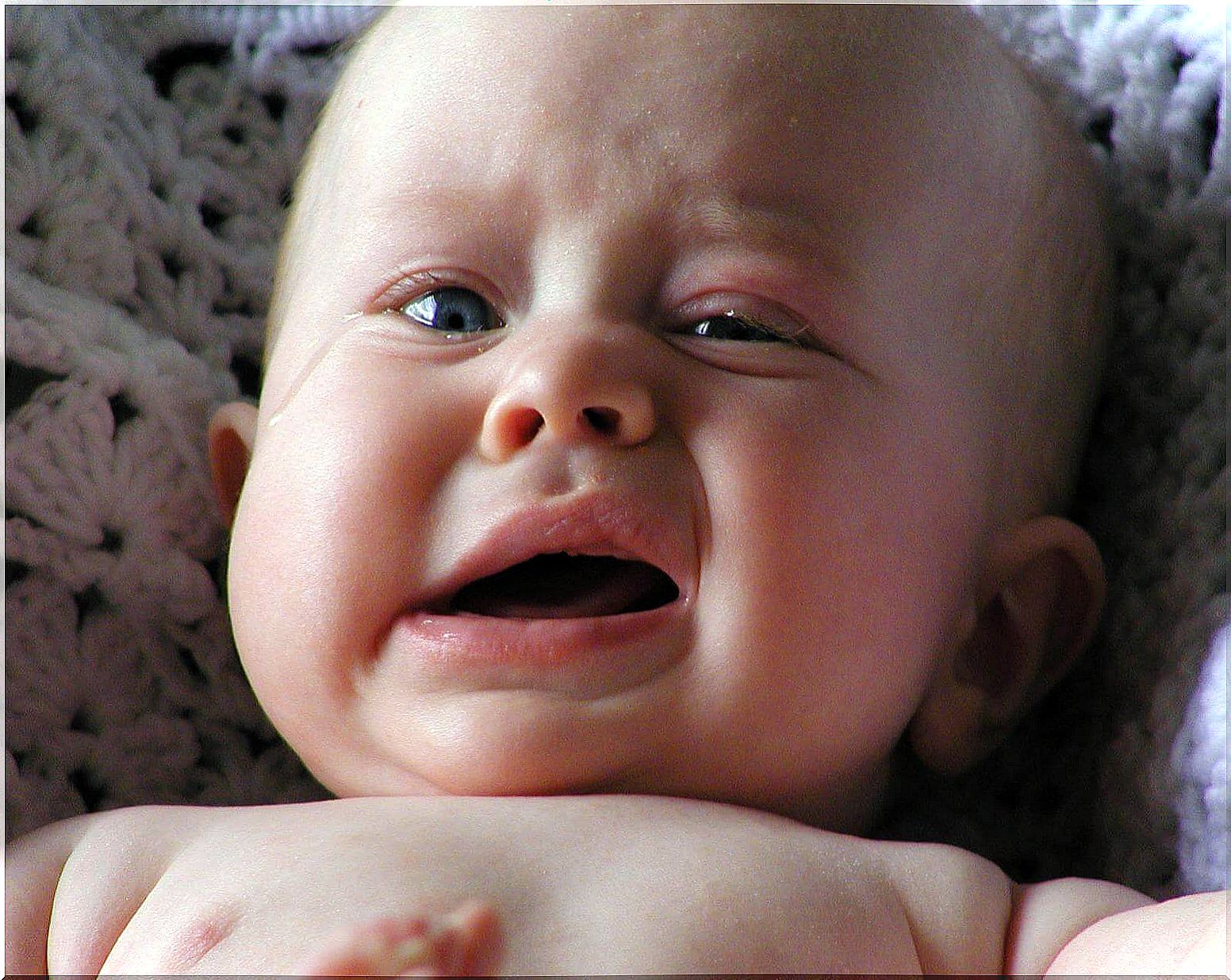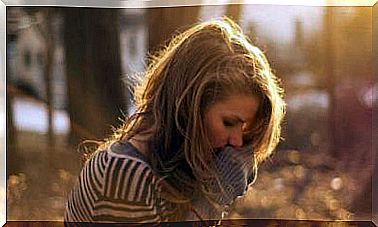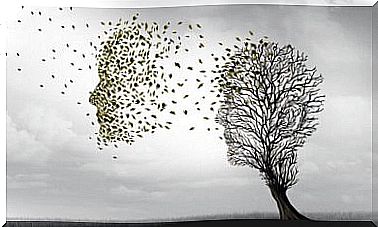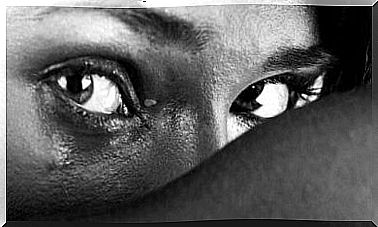Parents Who Beat Their Children

Although, fortunately, this number is decreasing, there are still parents who subject their children to corporal punishment in order for them to obey them. This brought the death of children at the hands of their parents, who, under the effect of anger, unload their physical force on the person or people they would have the responsibility to protect: their children.
It is unfortunate that there are still people who usually advise:
This boy needs some good slaps!
In different countries there are laws for the protection of children and adolescents, although this is a difficult case to eradicate. Silence acts as an accomplice, since in many places, it is thought that the way to educate belongs exclusively to the parents, whatever the method. On the one hand, some people mistakenly believe that mistreatment is just corporal punishment. We also talk about maltreatment when there is a lack of time to meet the needs of children: food, rest, recreation, affection, security, psychological support or attention during periods of illness.
In addition, affective rejections in the form of screams, insults, threats and humiliations are also abuse. Not allowing friendship with other children is social isolation, and prevents the free development of social skills.
Some parents do not allow their children to return home during the day after school because they cannot tolerate the responsibility of preparing food, providing clothing, and a clean home. In this picture, it is typical to find alcoholic or drug dependent parents.
As mentioned, maltreatment is not evident in many situations. This behavior is often so subtle that it can be shown, for example, by comparing siblings or with other children. This comparison often prevents the development of the sense of belonging to the family group, generates distrust, leads to schisms or increases the desire to escape from reality.
School teachers can play an important role in observing and identifying changes in the behavior of their students. In many occasions, a disruptive or aggressive behavior in the child is a product of the abuse that an adult receives. Among the conducts that allow this situation to be identified are:
* Fear of one of your parents
* Fear of water, when going out to the patio. Any abnormal behavior that persists over time is cause for warning.
* Insomnia, the appearance of childhood behaviors already overcome such as bed-wetting, nightmares, loss of appetite, isolation, solitary or aggressive play.
* Marks of “unknown” cause appear on the body. Scars at the level of the earlobe.
It’s unfortunate when you hear from the mother’s mouth:
“You just give me trouble!”
“You only bring disgust!”
“They won’t even want you as a gift!”
It is very difficult to hide abuse
It is likely that there are no physical sequelae in children, but the psychological sequelae of abuse can persist. The child will likely have low self-esteem, will live in fear, will have a perception of the world as a hostile place, will have a hard time trusting people and, not surprisingly, will be able to mistreat their own children.
Every child and teenager, whether boy or girl, has the right to a life free of violence, growing up in an environment that brings them security. It is true that children need behavioral limits to live in society, but abuse to impose such limits is not justified. The hidden sequels will likely reveal themselves later.
Why are there parents who hit who they should protect?
Many children who were abused yesterday are the ones who are abused today. However, others have overcome their traumatic pain and channeled their energy into protecting the abused childhood. It should be noted that most parents who mistreat or spank would not want to do this, and often describe how bad they feel after doing this. In this way, when they attack, they attack each other too, and if they do it is because they do not know other ways to act and do not believe that they exist.
Those who mistreat often use violence to impose respect, given their limited ability to set limits on child behavior. This adult forgets that he is dealing with a child. He expects the child to think and act like an adult in his 20s or 30s, but he is unable to put himself in the child’s shoes, who don’t understand the reason for the spankings. An excessive demand causes frustration, as children often cannot meet the adult’s expectations. Unfulfilled expectations lead to disappointment, which is mischanneled through abuse.
On the other hand, some parents who are alcoholics, drug addicts, or game addicts see their children as a heavy burden for their continued addiction. In these cases, maltreatment usually appears in the form of lack of attention to needs, as parents allocate their resources, which should be to meet the children’s needs, to continue with their own addiction.
Finally, we must reflect and be aware that, although the education of parents should have a preponderant role, society has the responsibility to ensure that education is always included in the framework of children’s rights.









